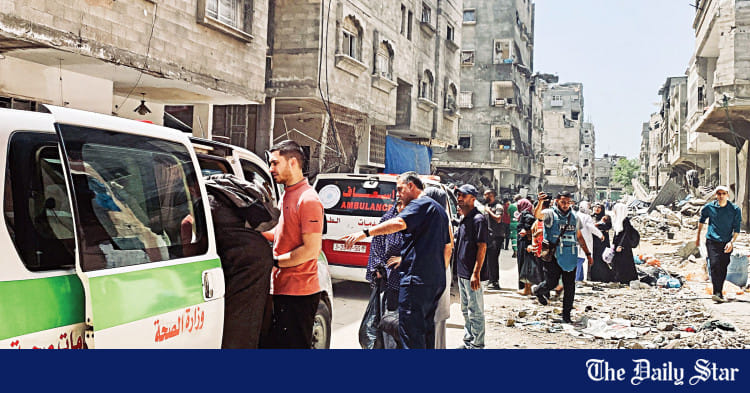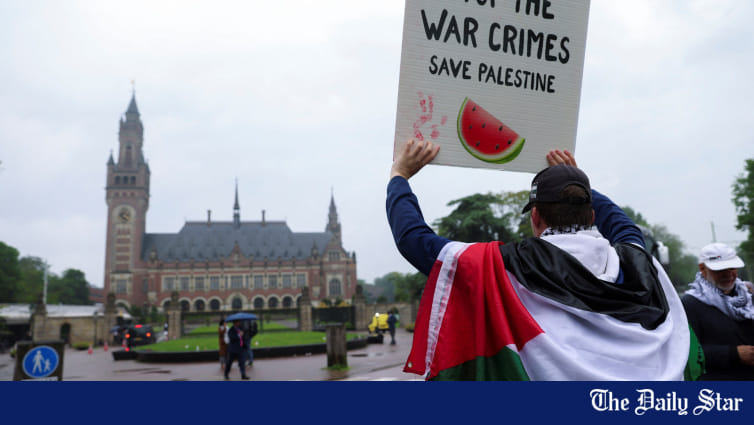Saif
Senior Member
- Messages
- 17,408
- Likes
- 8,373
- Nation

- Residence

- Axis Group


North Gaza hospitals barely operational
North Gaza’s last two functioning hospitals, Al-Awda and Kamal Adwan, are barely operational, doctors and the World Health Organization said Tuesday with the Israel’s offensive in Gaza now in its eighth month.
North Gaza hospitals barely operational
Say medics, WHO as Israeli forces fire on the facilities

North Gaza's last two functioning hospitals, Al-Awda and Kamal Adwan, are barely operational, doctors and the World Health Organization said Tuesday with the Israel's offensive in Gaza now in its eighth month.
Hospital officials said Israeli forces had fired on the facilities and that snipers had been deployed near one of them.
"Today marks the third day of the siege on Al-Awda Hospital in northern Gaza," the hospital's acting director Dr Mohammad Saleh told AFP.
He reported that Israeli forces had been "firing at the hospital buildings" and that "snipers" have taken up position in nearby houses.
To read the rest of the news, please click on the link above.
Say medics, WHO as Israeli forces fire on the facilities
North Gaza's last two functioning hospitals, Al-Awda and Kamal Adwan, are barely operational, doctors and the World Health Organization said Tuesday with the Israel's offensive in Gaza now in its eighth month.
Hospital officials said Israeli forces had fired on the facilities and that snipers had been deployed near one of them.
"Today marks the third day of the siege on Al-Awda Hospital in northern Gaza," the hospital's acting director Dr Mohammad Saleh told AFP.
He reported that Israeli forces had been "firing at the hospital buildings" and that "snipers" have taken up position in nearby houses.
To read the rest of the news, please click on the link above.






